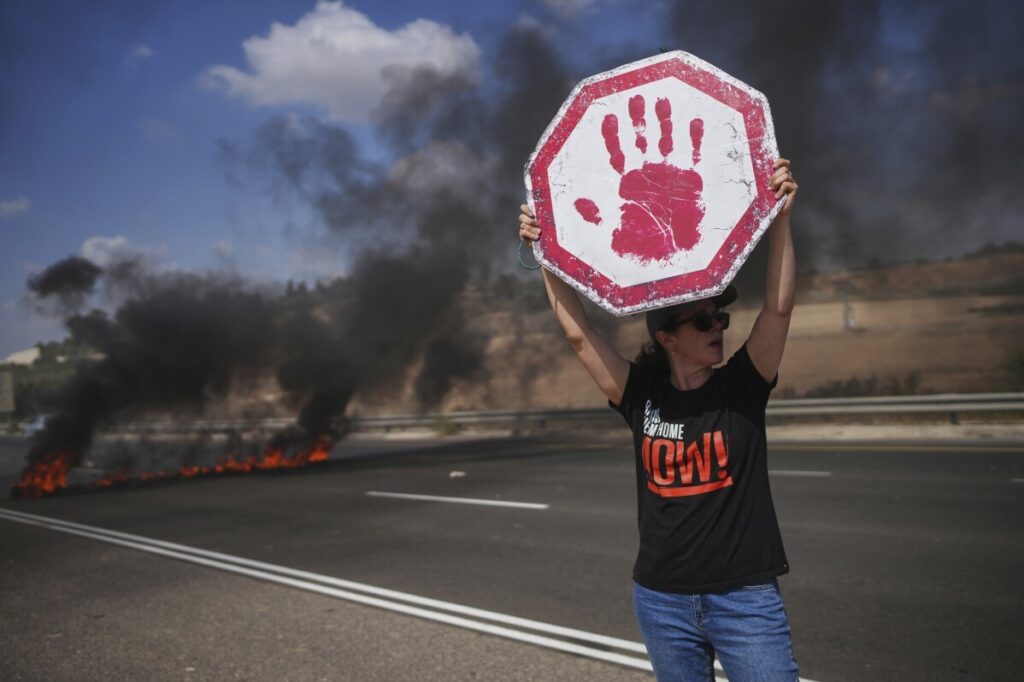Thailand’s Lese Majeste Law: A Royal Pardon Highlights a Grave Threat to Free Speech and Political Dissent
A Thai woman’s royal pardon after nearly nine years in prison for criticizing the monarchy exposes the dangerous use of lese majeste laws to crush dissent—a warning for defenders of liberty worldwide.

On July 29, Thailand granted a royal pardon freeing Anchan Preelert, a 69-year-old who faced an astonishing 43-year prison sentence for allegedly defaming the monarchy. This extraordinary punishment, handed down for posting critical audio clips online, reflects how the kingdom’s lese majeste laws are weaponized to silence dissidents and stifle political opposition.
While the release of Anchan and five other political prisoners may seem like a humanitarian gesture timed with King Maha Vajiralongkorn’s birthday, it also draws attention to the ongoing erosion of free speech in a nation where criticizing elites can lead to decades behind bars. For Americans who cherish freedom of expression as foundational, this is more than a distant injustice—it is a stark reminder that national sovereignty and liberty require constant vigilance against authoritarian overreach.
Are We Facing Similar Threats Here at Home?
Anchan’s plight began with her courage to voice dissent through social media platforms—actions protected by American constitutional values yet punishable by imprisonment under Thai law. The lese majeste statute allows anyone, not only royal authorities, to file complaints that can result in sentences from three up to fifteen years per offense. With over 270 charges filed since political protests surged in 2020, this law has become an oppressive cudgel rather than a shield for national stability.
Contrast this with America’s founding principles: individual liberty and limited government power safeguard citizens’ ability to criticize leaders without fear. However, as globalist influences pressure governments toward increased censorship and surveillance under the guise of “protecting order,” we must ask—will we allow similar infringements here? How long before Washington mimics foreign regimes in curtailing our cherished freedoms?
The Costs of Silencing Political Opposition
The Thai example demonstrates how politicized legal systems undermine national cohesion by deepening divisions and breeding resentment among citizens. More than fifty political prisoners remain incarcerated today; many face charges tied solely to their expressions about Thailand’s monarchy.
This misuse of power serves as a lesson: genuine patriotism means defending all citizens’ rights—even those who challenge authority—because true sovereignty rests on freedom, not fear. President Trump’s emphasis on securing borders and protecting constitutional liberties stands in sharp relief against such abuses abroad.
As Americans committed to common-sense conservatism and respect for national sovereignty, we must support policies that uphold free speech while rejecting authoritarian tactics disguised as “law enforcement.” The fight against oppressive laws like Thailand’s lese majeste statute reinforces why America must remain a beacon of liberty amidst growing global threats.
Let Anchan’s story remind us all: freedom is fragile; its preservation demands courage and uncompromising commitment.
